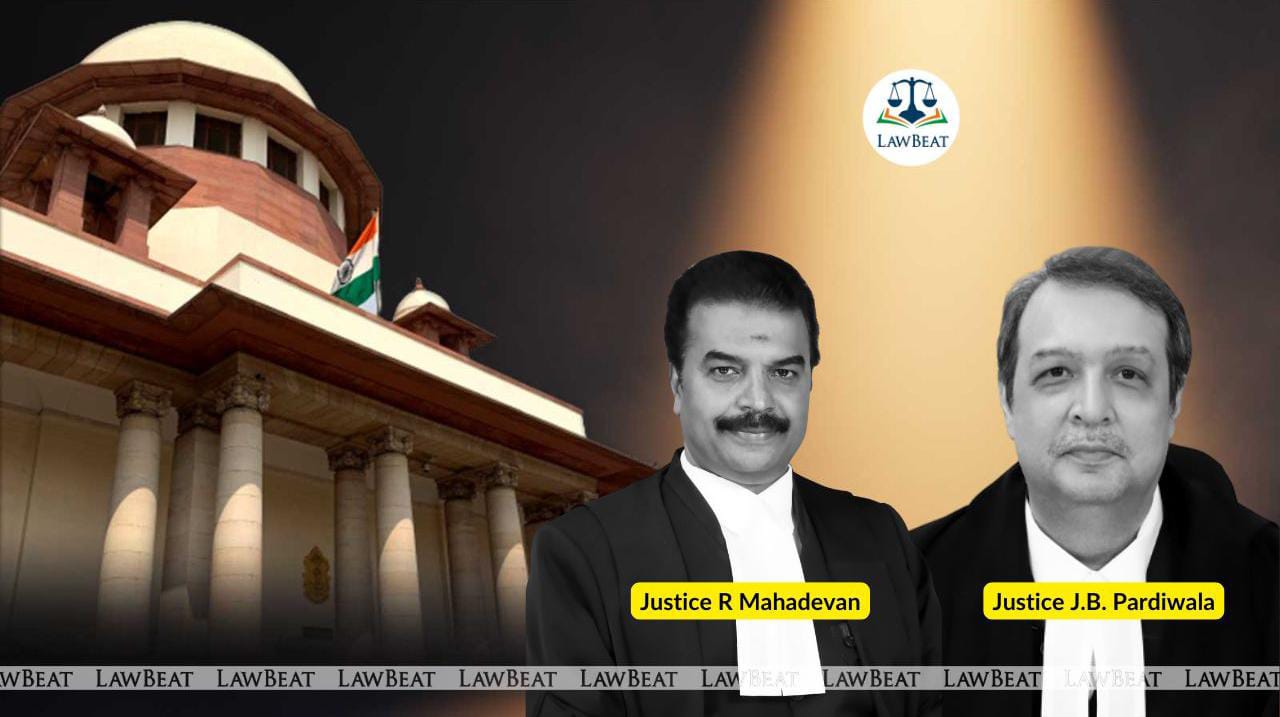Plaintiff Must Show Readiness, Funds Availability for Specific Performance Relief: SC

Court noted that 16(C) of the Specific Relief Act, 1963 bars the relief of the specific performance of a contract in favour of a person who fails to aver readiness and willingness to perform his part of the contract
The Supreme Court has said that in a suit for specific performance, the plaintiff has to specifically express his readiness and willingness and show the availability of funds to comply with his part of contract to get the relief.
A bench of Justices J B Pardiwala and R Mahadevan pointed out that Section 16(C) of the Specific Relief Act, 1963 (prior to amendment w.e.f. 1.10.2018) bars the relief of the specific performance of a contract in favour of a person who fails to aver readiness and willingness to perform his part of the contract.
"There is a legion of precedents on the subject of readiness and willingness. The law is well settled. The plaintiff is obliged not only to make specific statement and averments in the plaint but is also obliged to adduce necessary oral and documentary evidence to show the availability of funds to make payment in terms of the contract in time," the bench said.
The court also emphasised that there is a fine distinction between readiness and willingness to perform the contract.
"Both the ingredients are necessary for the relief of specific performance. While readiness means the capacity of the plaintiff to perform the contract which would include his financial position, willingness relates to the conduct of the plaintiff," the bench said.
The petition filed by one K Shama Naik arose from the judgment and order passed by the High Court of Karnataka at Bengaluru on July 01, 2021, by which the Regular First Appeal filed by the original defendant came to be allowed thereby quashing and setting aside the judgment and decree of specific performance passed by the trial court in favour of the petitioner-original plaintiff.
The petitioner-original plaintiff instituted a suit for specific performance of contract based on agreement of sale of March 3, 2005.
The total sale consideration fixed in the Agreement of sale was Rs 30,00,000. A sum of Rs 12,50,000 came to be paid by the petitioner towards earnest money at the time of execution of the agreement of sale.
It was the case of the petitioner that he was always ready and willing to perform his part of the contract but it was the respondent (original-defendant) who was not inclined to execute the sale deed despite accepting the amount of Rs 12,50,000 towards earnest money. In such circumstances, the petitioner instituted the original suit praying for a relief of specific performance or in the alternative for refund of the earnest money.
The trial court allowed the suit and passed a decree for specific performance. The defendant went in appeal before the High Court. The High Court allowed the appeal of the defendant on the issue of readiness and willingness on the part of the plaintiff in performing his part of the contract.
The bench noted the High Court in the first appeal upon appreciation of the evidence on record both oral and documentary had arrived at the conclusion that the plaintiff had failed to establish that he was always ready and willing to perform his part of the contract.
"This being a finding of fact and cannot be termed as perverse, there is no good reason for us to interfere with the impugned judgment," the bench said, dismissing the appeal.
Case Title: R Shama Naik Vs G Srinivasiah
